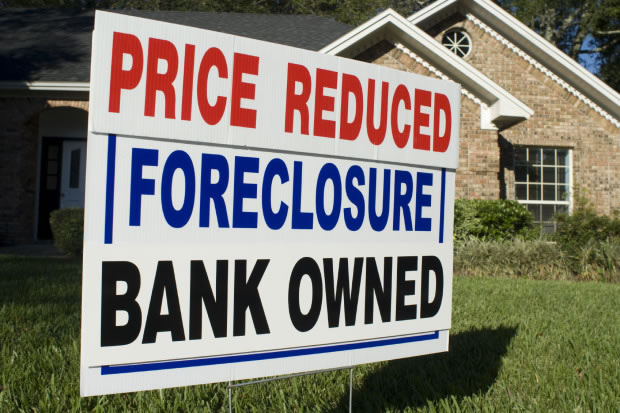Foreclosures Down, Analyst Says Sales to Follow

Foreclosure activity unexpectedly dropped in February, according to a new industry report. This, after a sharp increase in foreclosures during January. Following a $25 billion settlement between all fifty state attorneys general and the nation's five largest lenders in early February, many analysts' predictions about the latest Lender Processing Services report proved wildly inaccurate.
According to LPS data, foreclosure starts were down 15 percent from January, while foreclosure sales decreased 19 percent for the same period. Sales decreased in both judicial and non-judicial foreclosure states.
While some say the report is an indicator of economic growth, California-based analyst Mark Hanson says less foreclosure is a "portent of big trouble” for the housing market in general. Hanson, an opponent of government foreclosure prevention says that particularly California, Nevada and Arizona will suffer the most from the recent foreclosure stall. Since foreclosures make up the majority of home supplies and sales in those states, housing looks to undergo “paralysis” for years to come, he reasons.
"It will soon become apparent that 'foreclosure prevention' was one of the biggest housing and finance policy blunders of all time,” Hanson told CNBC. “That's because it circumvented interest rate policy in part aimed at household de-leveraging, kicked the problem forward and spread it out over many more years."
About 22 percent of mortgage holders (more than 11 million borrowers nationwide) are “underwater,” meaning their homes are currently worth less than what they owe their respective mortgage servicers. According to the National Association of Realtors, about one third of all existing home sales come in the form of foreclosures and short sales – when homes are sold below the value of the mortgage. Such distressed sales make up half the market in California as well as a handful of other states hit hardest by the housing bubble burst.
As lenders turn to government programs to help distressed homeowners continue to leverage-up, while a new market for bulk sales of long-time foreclosed properties emerges, individual investors and first-time home buyers might be robbed of opportunities to scoop up distressed homes on the cheap. Whatever the case, non-distressed home prices will more than likely continue on their downward spiral.



